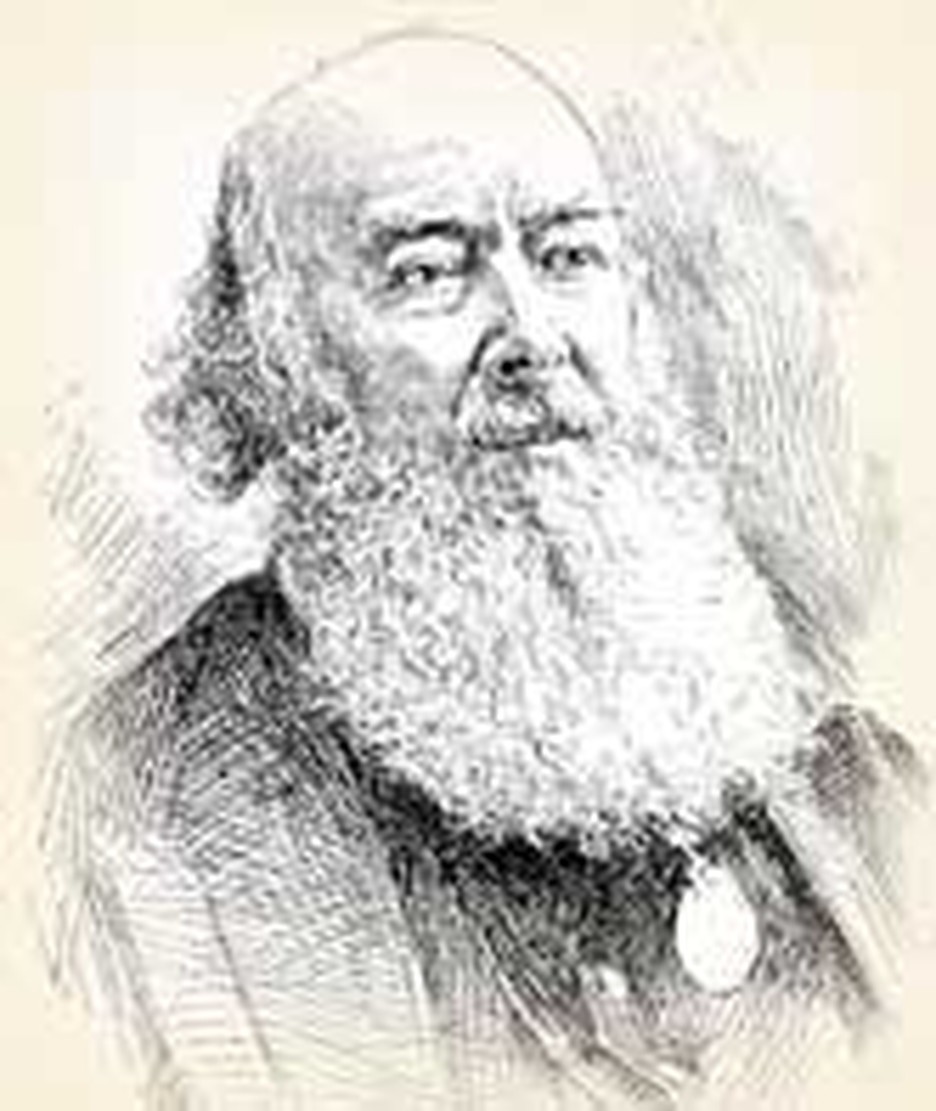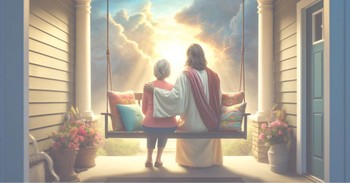
Withdraw your suit against Chiniquy; we are lost; he knows all." That was how a lawsuit against him for slander in Illinois ended, according to a book written by Charles Chiniquy after he was excommunicated from the Catholic Church. Abe Lincoln had represented him, and Charles made what seem to most to be grandiose claims about their friendship (although there is a letter of uncertain worth from Lincoln's son confirming a close relationship). According to his autobiography, Fifty Years in the Church of Rome, Lincoln shared religious confidences with Chiniquy that even the future president's intimate friends never heard. Charles also claimed that he warned the future president that the Jesuits would revenge themselves on him. Untold numbers of Americans believed Charles' allegations that Lincoln's assassination was a Catholic plot--all because Lincoln had defended Chiniquy.
Few people remember the name of Charles Chiniquy today. However, at a time when Catholic immigration was altering the balance of political power in the United States, his writings helped fuel a furious tide of anti-Catholic resentment. Protestants had many legitimate concerns and Chiniquy played on them.
Born in French Canada, Charles lost his father at a young age. An uncle took him in. The boy studied to become a priest, but his behavior was so bad (say Catholic sources) that his uncle renounced him. There was a sexual scandal. Catholic leaders moved Charles around in attempts to give him fresh chances. He became a powerful and effective temperance speaker. However, he continued to get into private trouble. Instead of being ousted from the priesthood as he should have been, he was permitted to transfer to Illinois.
Bishop Bourget wrote him a cautionary letter: "(1) take strict precautions in your relations with persons of the opposite sex; (2) avoid carefully all that might savor of ostentation, and the desire to attract attention; simplicity is so beautiful and lovable a virtue; (3) pay to the priests of the country the honor due to their ministry; the glory of God is the best recompense of an apostolic man."
In Illinois, Charles defended the Catholic church in public debate. However, he did not heed the bishop's advice. He slandered opponents and defied his bishop. When brought to trial for slander--the case in which Lincoln took a part in his defense--a woman who was to have testified about Charles' unwelcome sexual advances backed out at the last moment. The case was withdrawn. Charles painted it as a huge victory for himself.
After the Catholic church expelled him, Charles became a Presbyterian. (His relations with Chicago Presbyterians were not trouble-free, but six years before his death, they made him an honorary Doctor of Divinity.) As an evangelist, he agitated against the Church of Rome. Notables such as Dwight L. Moody corresponded with him and used him for background information on the Roman Church. Chiniquy's autobiography presented his own behavior in a heroic light and the behavior of all priests and bishops in disgraceful terms. The public lapped it up.
His autobiography reads like a work of self-promotion. Many of its allegations are doubtful to say the least. As for Lincoln's assassination, the evidence simply is not there. When Charles died in Montreal on January 16, 1899, he left behind him a legacy of untruth in the name of faith that lives on, for his claims are still trotted out as ammunition against the Roman Church. His genuine concerns were lost in the rhetoric of his overstatements.
Resources
- Chiniquy, Charles P. Fifty Years in the Church of Rome. London: R. Banks & son, 1911.
- Communication from Richard Lougheed, who has studied Chiniquy in detail. Lougheed says that it appears Chiniquy's conversion was real and that his polemics were a reaction to continual attacks and slanders from the Roman Church, including numerous threats on his life and many dangerous riot situations that he escaped.
- Duff, John J. A. Lincoln, Prairie-Lawyer. New York: Bramhall House, 1960; pp 329, 330.
- Eisenschmiml, Otto. In the Shadow of Lincoln's Death. New York: Wilfred Funk, Inc., 1940; pp.25, 26.
- Lougheed, K. Richard. "Chiniquy, Charles (Pascal Télesphore)" in The Blackwell Dictionary of Evangelical Biography : 1730-1860; edited by Donald M. Lewis. Oxford ; Cambridge, Mass. : Blackwell Publishers, 1995.
- Seville, George Hugh. "Charles Chiniquy." [Series drawn largely from Chiniquy's autobiography]. The Sunday School Times, October, 1953.
- "Who Was Charles Chiniquy: Facts Versus Falsehood." (http://www.geocities.com/chiniquy/) [has a wide range of material from a Catholic point of view]
- Wolf, William J. Lincoln's Religion. Philadelphia: Pilgrim Press, 1970 edition; p 26.
- Various other internet sites.







